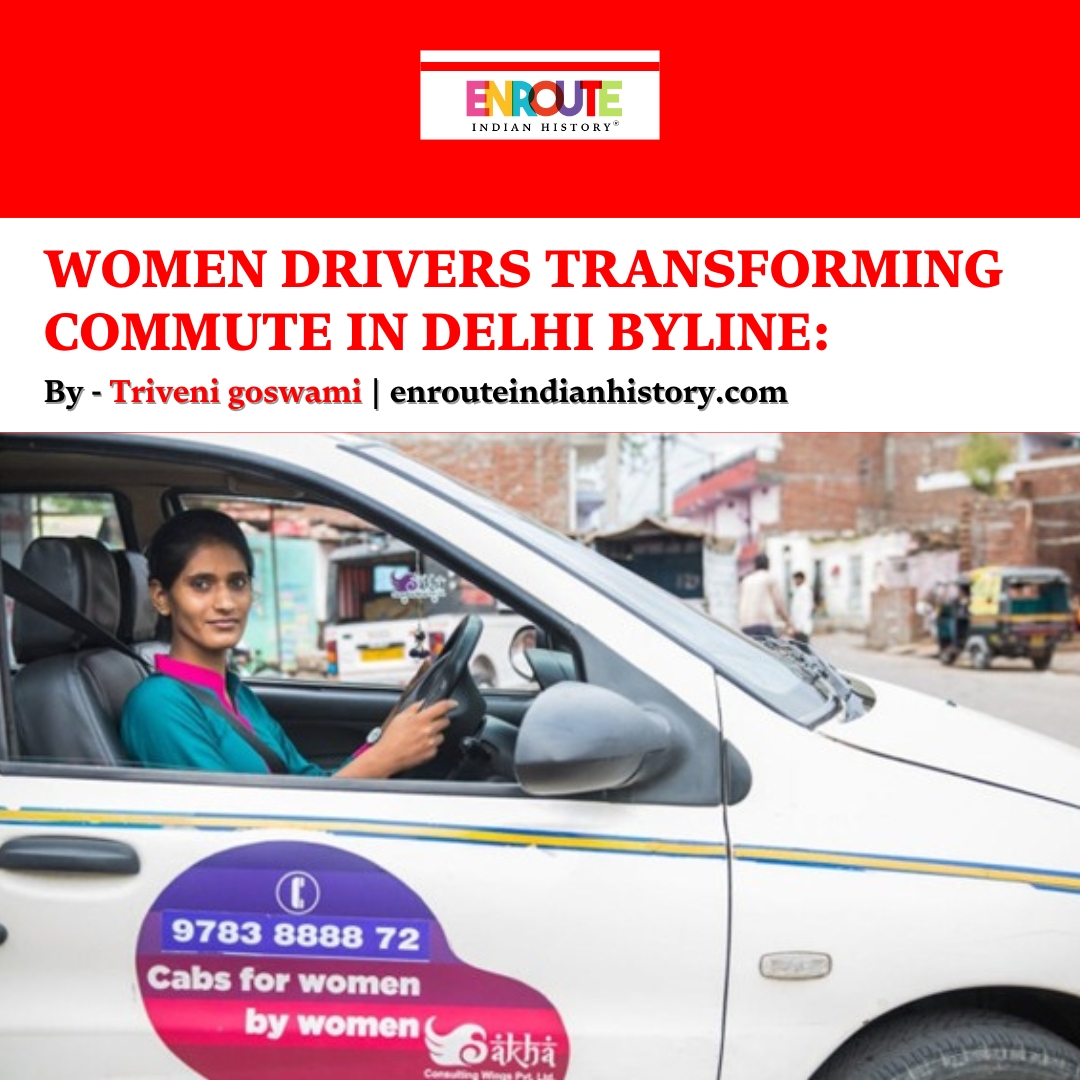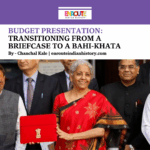
Humans have been commuting since the beginning of time. As they evolved and their technology advanced, they made longer commutes. Working their way all the way to space, Humans have proved their capacity to cover greatest distances possible. However, despite humanity having travelled to unknown corners of space, women still find it difficult to travel from their homes to their workplaces. Commuting for women, especially at night, poses great risks. And these risks are greater in the city of Delhi. It is needed, therefore, that we look at how women are being made to feel safe by other women, in Delhi cab services. In this article, we will look at women cab drivers and how they are changing the landscape of cab services for women.
Before we begin exploring this topic, we must note that this issue of safety is exclusively for women belonging to middle and upper classes. They are the only ones who can afford to take cab services. Women from lower classes are extremely unsafe and are exposed to risky options for travel. Public transport is yet to guarantee safety for such women, especially at late nights. Much needs to be done to ensure that women from all classes feel safe to travel, because it is their Right to be able to commute whenever they wish to.

Delhi’s very own women cab service at airport. Source: Conde Nast
Women safety in Delhi
According to National Crime Records Bureau (NCRB), around 14,158 crimes against women were reported in Delhi in 2022, making it one of the most dangerous cities for women to live in. Many speculate that many crimes go unreported, and the real numbers can be much higher.
A UN Women supported survey revealed interesting findings. 51% of men reported themselves that they have been perpetrators of sexual violence against women. Of these, 25% of the men claimed that they had inflicted these crimes in the last six months. The mindset of men is such that they blame women for being victims of such crimes. The findings state, “ and two men out of five fully or partially agreed with that ‘Women moving around at night deserve to be sexually harassed.’ ”
Women’s safety, especially during nights, is a subject of moral policing. Their character is judged based on how late at nights they travel, and often sexual harassment is justified on the grounds that women should not be out at such hours if they wish to be safe. Indeed, protests in Kolkata and the rest of the country centred around the theme “Reclaim the night” are important because they challenge the very mindset that underlie sexual harassment. Such protests claim that women are nowhere at fault. Hence, the fact that women have to exercise great precaution while using cab services, is a sad reality of society that must be changed.

Times of India Survey finds on why people feel unsafe in Delhi. Source: TOI
Women cab drivers in Delhi
Women cab drivers in Delhi are reclaiming the night by helping women travel without added anxiety about their safety. A classic example of women uplifting women, these brave cab drivers are changemakers in a patriarchal society. Rather than expecting men to respect women as human beings, a basic concept that is beyond the understanding of most men in the society, women take lead of their safety. Women cab drivers in Delhi are a testimony that patriarchy can be best tackled if women join the workspaces and support other women.
The Wire interviewed Sunita, a cab driver in Delhi, documenting her struggles and journey. She talks about how people looked down upon her work, including her own husband and how she decided to persist with her work no matter what. She also notes that she had to face sexist attitudes on the road owing to the common prejudice that women cannot drive well. As an Uber driver, she replaces the Uber “Bhaiya” whom we call without considering the possibility of a woman driving the car, and by doing so she replaces the very prejudices that make the world unsafe for women.
India Spend also reported the stories of two cab drivers, Moida and Tulsi, who started their all women’s cab services. They shared how they were ineligible to be married as they drivers. Their profession was looked down upon, but their commitment and ambitions overpowered their limitations. Now that they have their own cab services, they are empowering other women to travel to places that bring them closer to their goals.

Snapshot of a clip from IndiaSpend. Source: Youtube
Safety for women cab drivers
An article from Article 14 discusses the substantial hurdles that women cab drivers confront in Delhi, India. It highlights the widespread harassment and risky working conditions that these drivers face while navigating the city’s roads. Women cab drivers face not only the risk of physical and verbal harassment from customers, but also institutional concerns such as inadequate assistance from their employers and restricted access to safety tools. Despite these challenges, they try to establish their individuality and build safer work conditions through solidarity and personal resilience. The article talks about a specific case where a cab driver was assaulted by two drunk men and how she never received any claims or protection from any stakeholder. It states, “ Devi is one of approximately 1.7 million women gig workers in India, a number expected to rise to 23.5 million by 2029-30, according to a June 2022 policy brief by the government’s think tank Niti Aayog. The Indian Federation of App-based Transport Workers (IFAT)—a trade union federation of ride-sharing and other gig transport worker—raised Devi’s matter with Uber, the ministry of transportation, the ministry of law and justice, and the Delhi Commission for Women. “We only heard once from the law ministry stating that the matter has been forwarded,” said Shaik Salauddin, National General Secretary and co-founder of IFAT. “There has been no response since.””
Conclusion
The fact that we have to state “women cab drivers” means that “cab drivers” denote male population. The domination of men, especially in a sector that navigates commute, is often a threat for women who commute. Moreover, this domination is a result of centuries old prejudices that bar women from claiming roads as a means of travel. Many women are changing that, and making a world better place.
Resources
https://womensmediacenter.com/news-features/women-only-cab-services-in-india-offer-safe-option-for-women-travelers
https://article-14.com/post/harassment-unsafe-workspaces-how-women-cab-drivers-survive-the-risky-roads-of-india-s-capital-6593757b6a66a
https://www.youtube.com/watch?v=7m6PbsmGcko
https://www.youtube.com/watch?v=Z9lNjpw2vjM
https://www.un.org/youthenvoy/2013/09/un-women-supported-survey-in-delhi-shows-95-per-cent-of-women-and-girls-feel-unsafe-in-public-spaces/
- Delhi transport safety for women
- Female drivers for safety in Delhi
- Gender equality in Delhi transportation
- Need for female cab drivers in Delhi
- Patriarchy and women drivers in India
- Reducing violence against women in Delhi
- Safety for women in Delhi cabs
- Women cab drivers in Delhi
- Women empowerment through driving in Delhi
- Women taxi drivers promoting equality



















